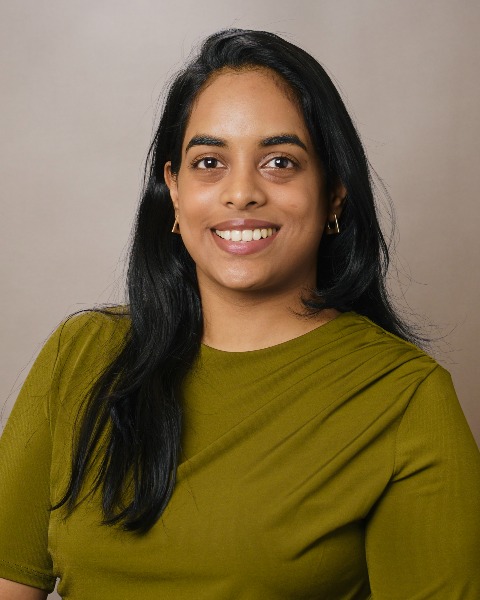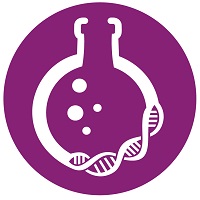Bioanalytics
Symposium: AI/ML in Bioanalysis
Accelerating Mass Spectrometry Imaging Using Deep Learning
Monday, November 10, 2025
10:30 AM - 11:00 AM CT
Location: 221 CD

Mithunjha Anandakumar (she/her/hers)
PhD student
University of Illinois Urbana Champaign
Urbana, Illinois
Speaker(s)
Mass spectrometry imaging (MSI) is a powerful label-free modality for mapping a wide range of molecules in tissues with high specificity and sensitivity, making it invaluable for biochemical studies of drug metabolism and disease research. However, conventional raster scanning imposes critical tradeoffs between imaging speed, spatial resolution, and mass resolution, particularly when using Fourier-transform-based instruments. These constraints limit the scalability of MSI for high-resolution tissue mapping, 3D reconstruction, and large-cohort studies.
In this talk, I will introduce our computational framework that integrates acquisition modeling with deep learning, enabling accelerated MSI with higher throughput and richer spatial and chemical detail. By leveraging both forward modeling of the acquisition process and learned priors, our approach achieves improved reconstruction quality, robustness across sampling strategies, and enhanced generalizability. This opens new opportunities for high-resolution biochemical mapping in tissue and expands the potential of MSI in a broad range of applications.
In this talk, I will introduce our computational framework that integrates acquisition modeling with deep learning, enabling accelerated MSI with higher throughput and richer spatial and chemical detail. By leveraging both forward modeling of the acquisition process and learned priors, our approach achieves improved reconstruction quality, robustness across sampling strategies, and enhanced generalizability. This opens new opportunities for high-resolution biochemical mapping in tissue and expands the potential of MSI in a broad range of applications.
Learning Objectives:
- understand the limitations of conventional MSI acquisition and the trade-offs between imaging speed and resolution.
- learn how acquisition modeling guides reconstruction by incorporating forward models of the MSI acquisition process.
- apply computational approaches that integrate acquisition modeling with deep learning to achieve high-throughput MSI with improved fidelity and generalizability.

